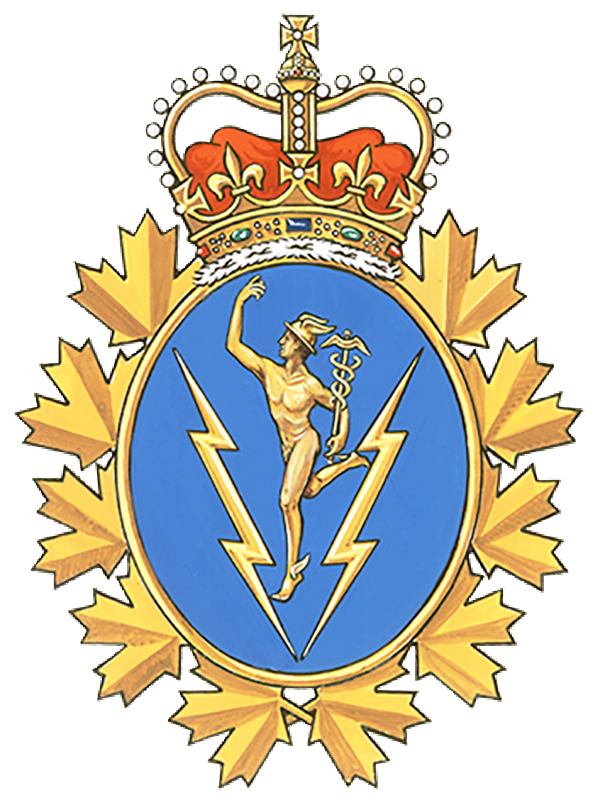Considered one of the darkest chapters in Canada’s military history, the Dieppe Raid was an operation marked by tragedy and courage, and was intensively studied in planning subsequent attacks against the enemy-held coast of France. It was also the first and most difficult combat operation Canadian Signalers faced.
Origins:
The situation of the Allies in the spring of 1942 was bleak. Allied forces have been pushed back on all fronts and now face a well-entrenched enemy with virtually the entire continent under German occupation. We had to find a way to establish ourselves in Europe.
The purpose of the Dieppe Raid was to capture the port to test the feasibility of a landing, destroy German military infrastructure, gather intelligence. The raid aimed to boost Allied morale, demonstrate the United Kingdom’s commitment to reopening the Western Front and support the Soviet Union, fighting on the Eastern Front. This Canadian-led operation was dubbed OPERATION JUBILEE.
Role of the Corps:
For the Royal Canadian Signal Corps, this would be the first test of their new wireless systems. However, the disaster struck in the early hours of the day: the Germans defending the area were alerted to the assault by a skirmish between the Commando No 3 group and the German coastal convoy, and much of the area was already on high alert. The local British Navy commander has not alerted the Force Commander to the situation since his wireless communications were destroyed during combat.
During the raid, much of the signallers’ equipment was destroyed by gunfire and the destruction of transport ships on the east side of the beach, and most of the equipment that reached the coast was destroyed during the fierce fighting. Communications between units were lost due to loss of signalers or equipment. Surviving personnel fought all obstacles to maintain lines of communication until the retirement order was issued at 1100.
Legacy:
There were 5 officers and 58 men from 2 Sigs Div involved in OP JUBILEE. 9 men were killed, seven were wounded and 18 men were taken as POWs. The new wireless equipment worked well, but its effectiveness was severely hampered by a lack of experience in using and protecting these new technologies. All the evidence showed that the Canadian Signalers lacked neither competence nor courage in the face of strong German resistance in an impossible situation.
Despite heavy casualties, 2 Div Sigs continued to improve their signalling capabilities and serve throughout the conflict. The efforts of the Corps and all other brave Canadians helped the Allies achieve victory through the many operations that required effective communications. The sacrifices and achievements of those who have given so much to restore peace and freedom in the world will never be forgotten.
